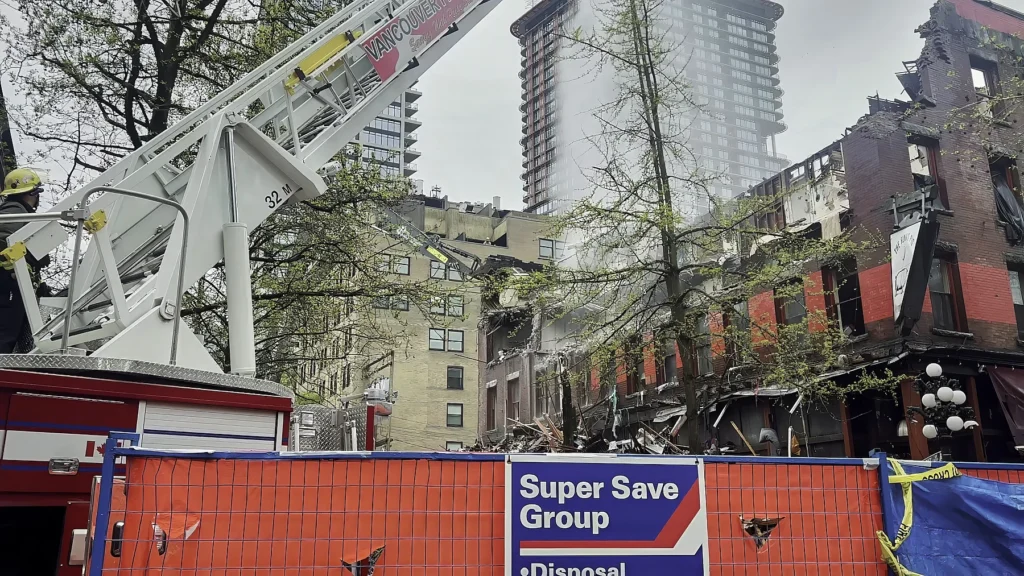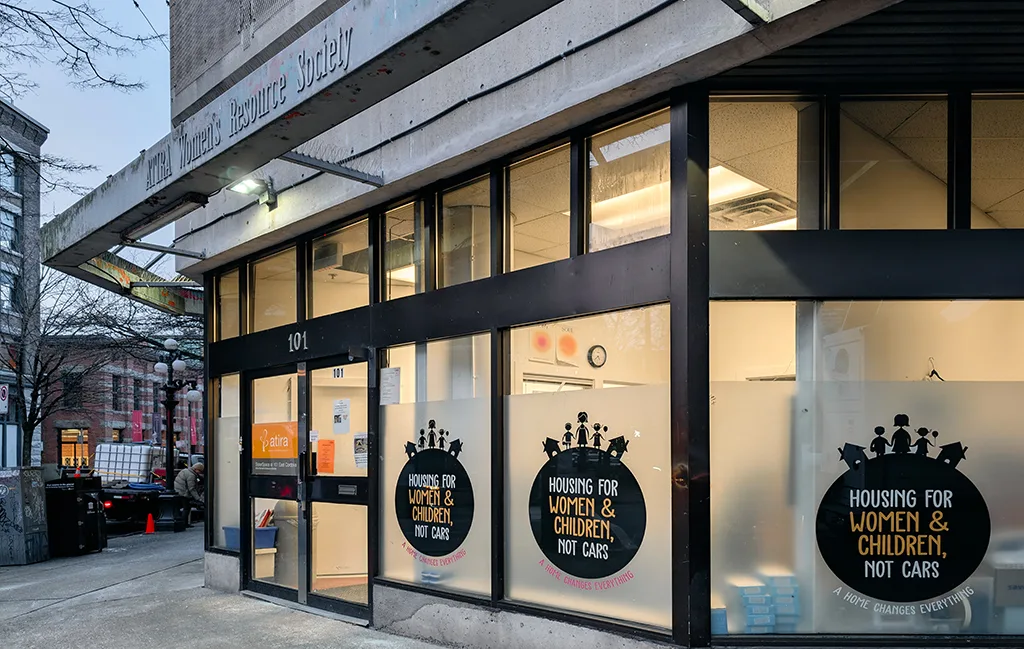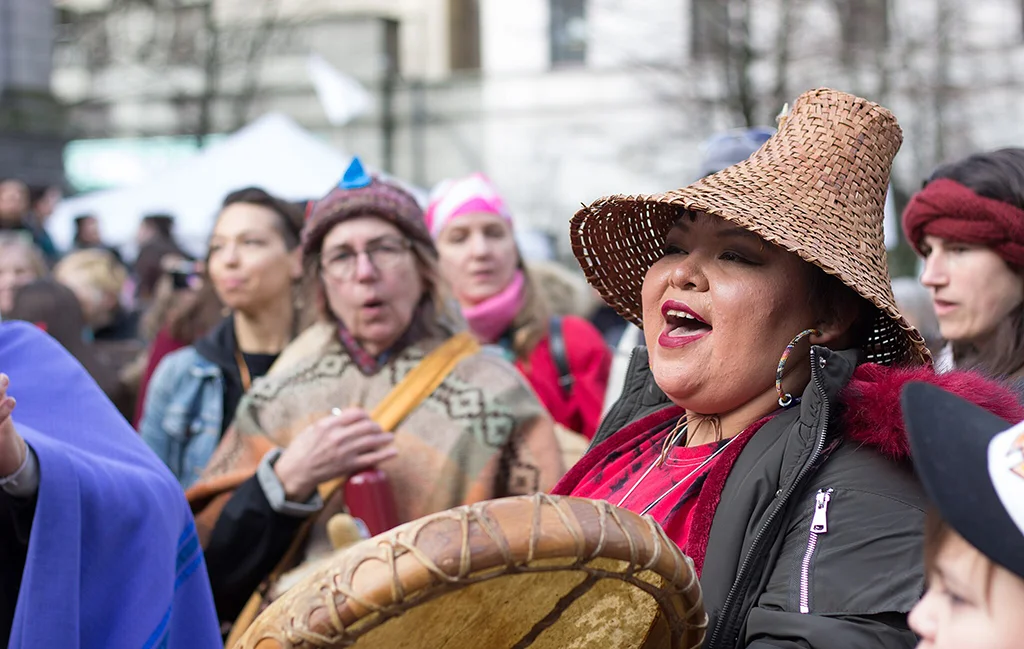In the heart of Vancouver’s Downtown Eastside, tragedy struck when the Winters Hotel—a 100-year-old, single-room occupancy building—caught fire on April 11, 2022. The blaze claimed the lives of residents Mary Garlow and Dennis Guay, severely damaged the building, and left scores of tenants displaced. The building, known for its outdated infrastructure and minimal amenities, housed some of Vancouver’s most vulnerable residents. Now, in an unprecedented move, a class-action lawsuit against the City of Vancouver, building operators, and related parties seeks justice for the lives lost and the hundreds affected. As the B.C. Supreme Court certifies the lawsuit, the case highlights the long-standing issues of neglect and inequality that haunt Vancouver’s aging SRO housing stock.
A Catastrophic Fire and a Systemic Failure
The events leading up to the Winters Hotel fire reveal a concerning pattern of oversight and negligence. Built over a century ago, the 89-room SRO had been operating with outdated electrical and fire safety systems, making it a risky residence for tenants who had few other housing options. On the day of the fire, the building’s sprinkler system was found to be inoperable—due to not being reset following a smaller fire three days prior. This critical oversight would later prove fatal, with the lack of functioning sprinklers and poor maintenance setting the stage for disaster.
The Downtown Eastside, where the Winters Hotel is located, is home to some of the city’s most marginalized residents, many of whom rely on low-cost SROs as their only housing option. These buildings are often minimally maintained and lack basic safety provisions. While SROs provide shelter, their structural limitations, including inadequate heating, ventilation, and electrical systems, leave residents at daily risk. The Winters Hotel fire, far from an isolated incident, exposes the fragility of Vancouver’s SRO infrastructure—a situation that tenant advocates argue is worsened by insufficient regulatory oversight and a lack of dedicated resources to update these aging buildings.
Class-Action Lawsuit and the Fight for Justice
In a historic ruling, the B.C. Supreme Court recently certified a class-action lawsuit filed on behalf of the victims of the Winters Hotel fire. The lead plaintiff, Jennifer Hansma, a resident who lived on the top floor of the hotel at the time of the blaze, has taken on the responsibility of representing the affected tenants. The court’s decision to approve the class action—a move that allows plaintiffs to collectively pursue legal action—underscores the unique challenges faced by individuals in the Downtown Eastside who may lack the financial and legal resources to pursue justice independently.
Justice Francesca Marzari, in her ruling, recognized that the proposed class members “represent a segment of society with minimal social or economic power,” a reality that often hinders access to justice. This class certification marks a significant victory for those impacted, granting them a collective voice in a case that touches on crucial issues of negligence, wrongful death, and the responsibilities of building operators and local authorities. Named defendants include Atira Women’s Resource Society, Atira Property Management Inc., the City of Vancouver, and the British Columbia Housing Management Commission, among others, each held accountable for their role in what plaintiffs allege is a case of gross negligence.
SROs are the Last Refuge and an Increasing Liability
The Winters Hotel fire has thrust Vancouver’s SRO housing crisis into the spotlight, exposing the dangers faced daily by residents in these dilapidated buildings. Originally intended as transient lodgings, SROs have become permanent homes for thousands of Vancouverites who are priced out of the city’s rental market. The buildings are typically old, minimally renovated, and lacking in basic amenities. Most SROs don’t have functional kitchens, forcing tenants to rely on hot plates, which increases fire risks. Many units are poorly ventilated, with inadequate heating, pushing residents to use space heaters that overload aging electrical systems.
An often overlooked but increasingly problematic issue in some SROs is the use of butane torches by tenants to consume drugs. Heavy-duty butane torches, commonly used to heat drug paraphernalia, add a new layer of fire hazard, especially in buildings where electrical systems are already compromised. These torches produce intense heat that poses an immediate fire risk in spaces filled with flammable materials and limited ventilation. In poorly maintained buildings like the Winters Hotel, where sprinkler systems and fire safety infrastructure are often lacking, the use of such equipment can lead to devastating consequences.
The Downtown Eastside is home to the largest concentration of SROs in Vancouver, with a significant portion owned and managed by private operators. While some SROs benefit from non-profit management and improved oversight, the majority operate with minimal investment in safety upgrades. In January 2023, a coroner’s inquest highlighted these systemic failures, noting that while SROs meet the minimum requirements to pass inspections, they fall short of providing a safe living environment. Following the Winters Hotel fire, tenant advocates have demanded that the city take more proactive measures to inspect and upgrade SROs, warning that the current model leaves lives at risk.
A Legal Precedent for Vulnerable Tenants
The certification of this class-action lawsuit has implications that extend beyond the Winters Hotel and even beyond Vancouver. The court’s recognition that low-income tenants face barriers to justice creates a precedent for future cases involving vulnerable residents in inadequate housing across Canada. The lawsuit’s focus on negligence and wrongful death raises critical questions about the responsibilities of both property managers and public agencies to provide safe housing conditions, particularly when they receive government funding. The legal claims brought against the City of Vancouver and BC Housing underscore the accountability gap in current housing policies, challenging public entities to uphold higher standards of care.
Justice Marzari’s acknowledgment of systemic barriers affirms what housing advocates have argued for years: that SRO tenants, often without financial resources or legal recourse, deserve the same protections and quality of life as any other residents. The class action, therefore, is not only a pursuit of compensation but a call for change. For the Downtown Eastside community, the case embodies their fight for safer, more dignified living conditions—a basic right that has too often been overlooked.
Aging Infrastructure and Insufficient Oversight
The Winters Hotel fire is part of a larger crisis within Vancouver’s SRO network. A vast number of these buildings, built over a century ago, suffer from neglected infrastructure and minimal upgrades. Electrical systems are unable to meet modern power demands, creating frequent circuit overloads. Faulty wiring, lack of fire doors, and poor ventilation turn SROs into fire hazards, particularly in winter, when residents use extra heating. Reports reveal that the city’s inspection protocols lack the rigour needed to enforce substantial safety upgrades, allowing landlords to pass inspections while skirting necessary repairs.
With the B.C. government relying on SROs to provide affordable housing, critics argue that more stringent safety regulations are overdue. Government subsidies to private SRO operators aim to offset maintenance costs, but advocates claim that without proper oversight, this funding fails to ensure tenant safety. Many call for a shift in policy that would require comprehensive inspections and mandate updates to essential infrastructure, such as electrical and fire safety systems. Housing activists contend that SROs must be upgraded to meet modern standards or phased out and replaced with safer, purpose-built housing.
Raising Housing Standards for Safety and Stability
As the Winters Hotel class action moves forward, it also shines a light on the need for sweeping reform in how affordable housing is managed and regulated. Advocates are calling for stricter laws to ensure that SRO operators adhere to rigorous safety standards, particularly in buildings that house the most vulnerable residents. Many propose that public funding should be contingent on compliance with modern safety requirements, arguing that it’s not enough to provide shelter if that shelter endangers lives.
The case also reignites discussions about alternatives to SROs. Many housing advocates suggest investing in permanent supportive housing that provides not just shelter, but also access to mental health, addiction support, and community services. Cities like Vancouver face an urgent need for such solutions, particularly in neighbourhoods like the Downtown Eastside, where the density of poverty and addiction has created a unique set of challenges. The Winters Hotel tragedy, then, becomes a catalyst for rethinking affordable housing strategies, pushing policymakers to prioritize both accessibility and safety.
Creating Safe and Supportive Housing
For the residents affected by the Winters Hotel fire, the certified class action represents an opportunity for justice and, potentially, systemic change. The tragedy has underscored the dire need for safe, affordable housing solutions that do not compromise residents’ lives. The case against the City of Vancouver, Atira Women’s Resource Society, and other defendants raises a pressing question: who is responsible for protecting vulnerable citizens when affordable housing falls short of basic safety standards?
As this class-action lawsuit proceeds, its outcome could set a critical precedent for affordable housing policies across Canada. A successful verdict would send a message that minimal standards are no longer acceptable when lives are at stake. More than a legal battle, this case calls on all stakeholders—governments, property managers, and community organizations—to re-evaluate how they approach housing for the vulnerable. The hope is that the legacy of the Winters Hotel fire will be a safer future for all who call Vancouver’s SROs home and a standard of care that reflects the dignity and safety every Canadian deserves.
Denise is a long-time advocate for affordable and dignified housing in the Downtown Eastside. Having lived in SROs and volunteered in homeless shelters, she brings a personal understanding of the housing crisis and its impact on the community. Her work reflects years of lived experience, frontline work, and commitment to creating better living conditions for DTES residents.






Leave a Comment